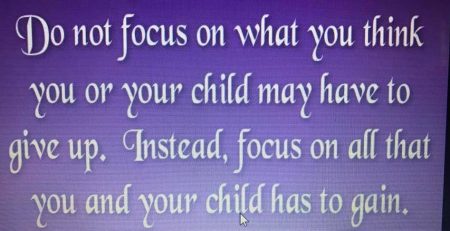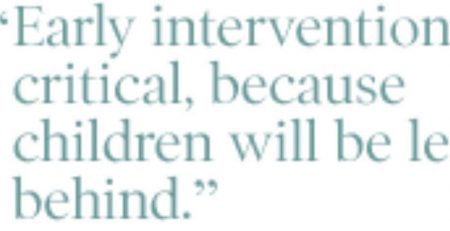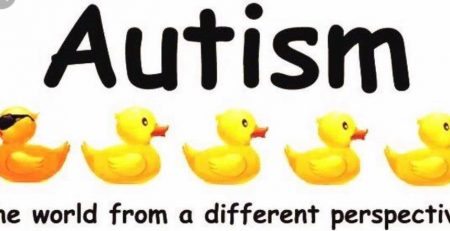Shine Avi Learning Centre
Shine Avi know how of autism !!!Children’s behaviour – it can delight, confuse, frustrate or even anger you. When your child behaves in challenging ways, it’s good to have a range of behaviour management options.About behaviour managementBehaviour management is about guiding your child’s behaviour so that she learns the appropriate way to behave.A positive and constructive approach is often the best way to guide your child’s behaviour. This means giving your child attention when he behaves well, rather than just punishing him when he does something you don’t like.But it’s normal for children to behave in challenging ways at different stages and in particular situations. So trying to understand your child’s behaviour is an important step in managing it. This way you can choose a reliable behaviour management option that’s well matched to the causes of your child’s behaviour.And if you use behaviour management strategies at the same time as you nurture strong family relationships, you’re well on your way to helping your child learn about appropriate behaviour.Understanding: the first step to child behaviour managementIf you can understand why your child is behaving in a particular way, you can work out how best to respond. So before you choose behaviour management strategies, it’s a good idea to check a few things.First, if your child’s behaviour changes suddenly, check whether your child is healthy and getting enough sleep. Sometimes challenging behaviour is the first sign that children aren’t well. If you’re not sure, take your child to the GP or child and family health nurse for a check-up.Next think about your child’s development. It’s good to keep in mind that different kinds of challenging behaviour are normal at different stages of development. For example, tantrums are very common in toddlers and preschoolers, because at this age children have big feelings and not enough words to express them.Third, consider whether there have been any changes in your family life that might affect your child’s behaviour. For example, challenging behaviour is normal after the birth of a new baby, when children start school or after a death in the family.Understanding the developmental reasons and emotions behind your child’s behaviour doesn’t mean you can ignore challenging behaviour, but it does help you work out how to respond. Also, knowing what’s typical at different stages and in different circumstances helps you know whether you need extra help with your child’s behaviour.










Leave a Reply